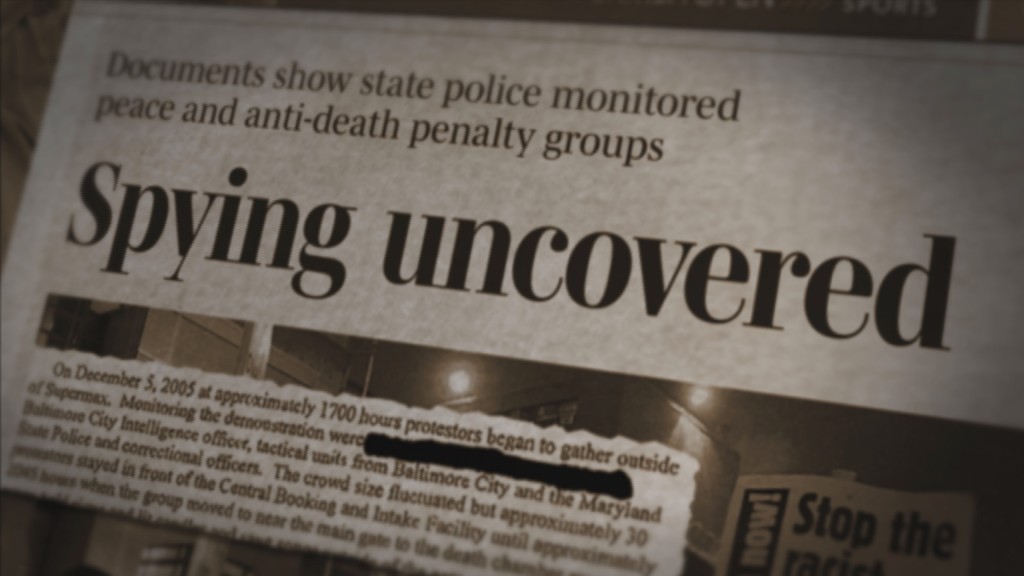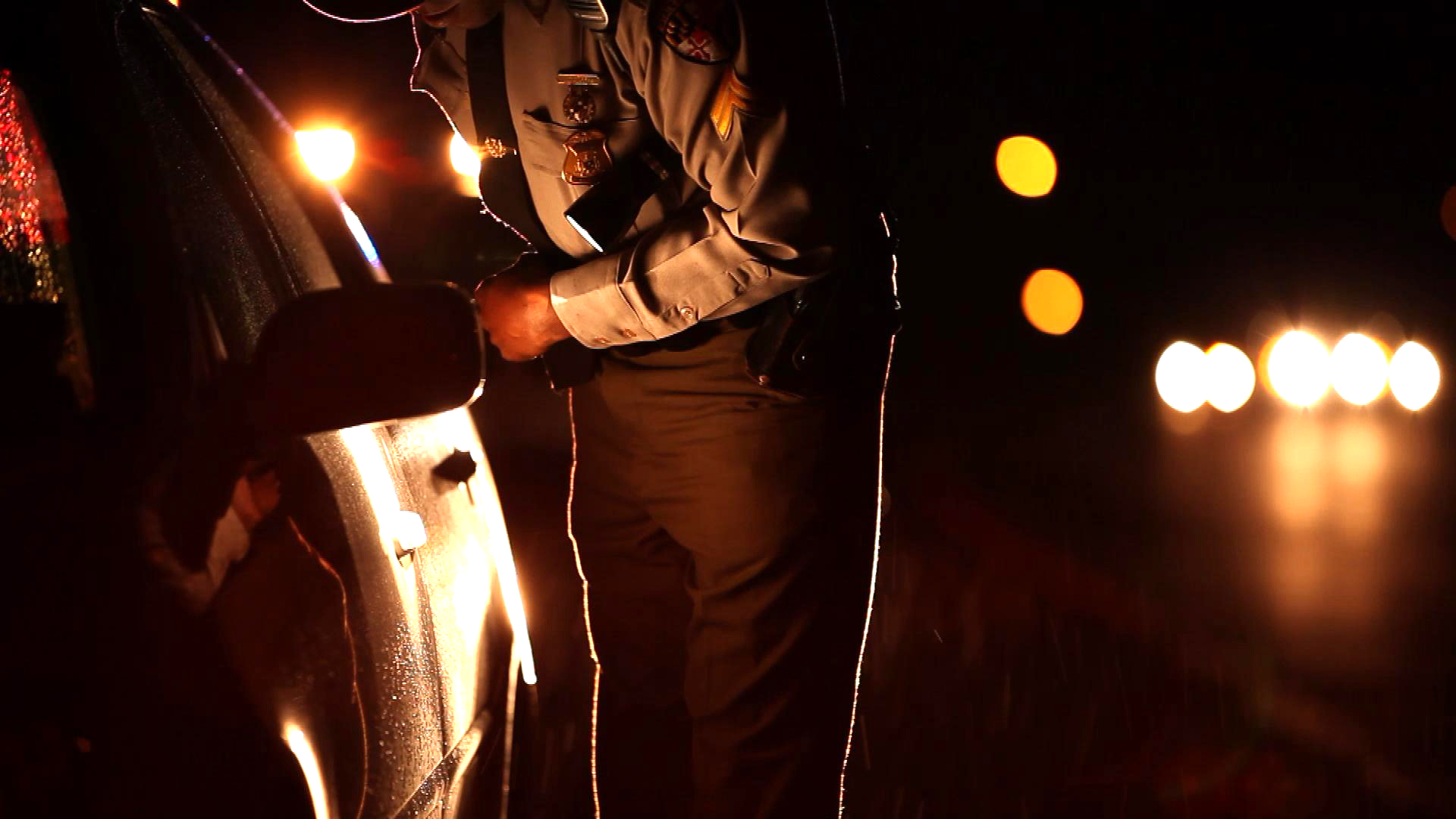ACLU Pushes for Info on Digital Tracking

August 23, 2011
Share
Ever wonder how police might be collecting information from your Facebook profile?
If recent Freedom of Information Act (FOIA) requests [PDF] filed by the American Civil Liberties Union (ACLU) are successful, you may find out.
This month 34 ACLU affiliates across the country filed requests with 379 law enforcement agencies to find out how they obtain and use cell phone location data, as well as data from social networking and book services sites, GPS tracking devices, automatic license plate readers and other digital technologies.
“Part of the problem is that these surveillance technologies are shrouded in secrecy,” Lynda Lye, a staff attorney with the ACLU of Northern California, told California Watch. Critics like Lye argue that because privacy laws have not kept pace with technology, legal gray areas make it easy for law enforcement to collect information through digital monitoring with no oversight.
In particular, the debate over cell phone location tracking has intensified since it was discovered earlier this year that Apple stored iPhone location data without explicit consent from users. Last month, National Security Agency (NSA) general counsel Matthew Olsen told the Senate Select Committee on Intelligence that in “certain circumstances” the NSA may have the authority to track U.S. citizens by intercepting location data from mobile-devices. Though he did not explain those circumstances, Olsen promised the committee a memo by September.
In June, Sen. Ron Wyden (D-Ore.) and Rep. Jason Chaffetz (R-Utah) drafted the Geolocational Privacy Surveillance Act, which would require government agencies to obtain a warrant before monitoring U.S. citizens through GPS technology.
Back in January, we looked at how new surveillance technologies — some of which were developed to be used in the battlefields of Iraq and Afghanistan — are making their way into the hands of local law enforcement, as seen in the above clip.
But at the time, Philip Mudd, former deputy director of the CIA’s Counterterrorism Center and the FBI’s National Security Branch told us that “limiting information access” is unlikely in the age of Google:
“In the age of information explosion, forget about it. The question’s going to be, how do we manage the amount of information we have? People say, ‘You’re keeping records on X, Y and Z.’ I’ll say: ‘Hey, get on Google; get on Google Maps; get on Google Earth. Get into commercial software that looks at how to investigate somebody’s telephone number.’ You’ve got to be kidding me.”
Keep an eye out for more on these issues on Sept. 6, when we premiere our new report Top Secret America, which takes an in-depth look at at the expansion of the post-9/11 counterterrorism industrial complex.
Latest Documentaries
Related Stories
Related Stories
Explore
Policies
Teacher Center
Funding for FRONTLINE is provided through the support of PBS viewers and by the Corporation for Public Broadcasting, with major support from Ford Foundation. Additional funding is provided the Abrams Foundation, Park Foundation, John D. and Catherine T. MacArthur Foundation, Heising-Simons Foundation, and the FRONTLINE Trust, with major support from Jon and Jo Ann Hagler on behalf of the Jon L. Hagler Foundation, and additional support from Koo and Patricia Yuen. FRONTLINE is a registered trademark of WGBH Educational Foundation. Web Site Copyright ©1995-2025 WGBH Educational Foundation. PBS is a 501(c)(3) not-for-profit organization.





















